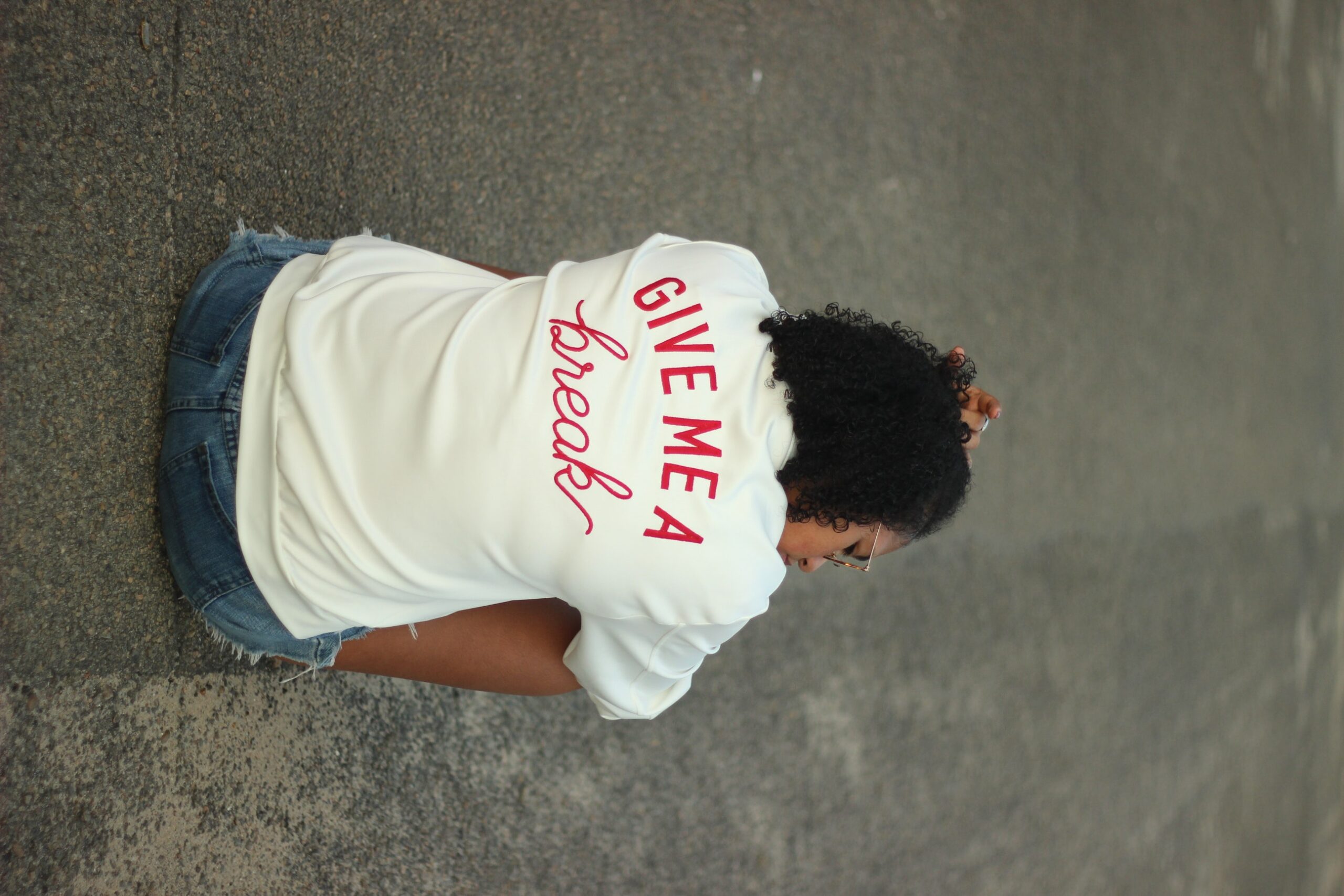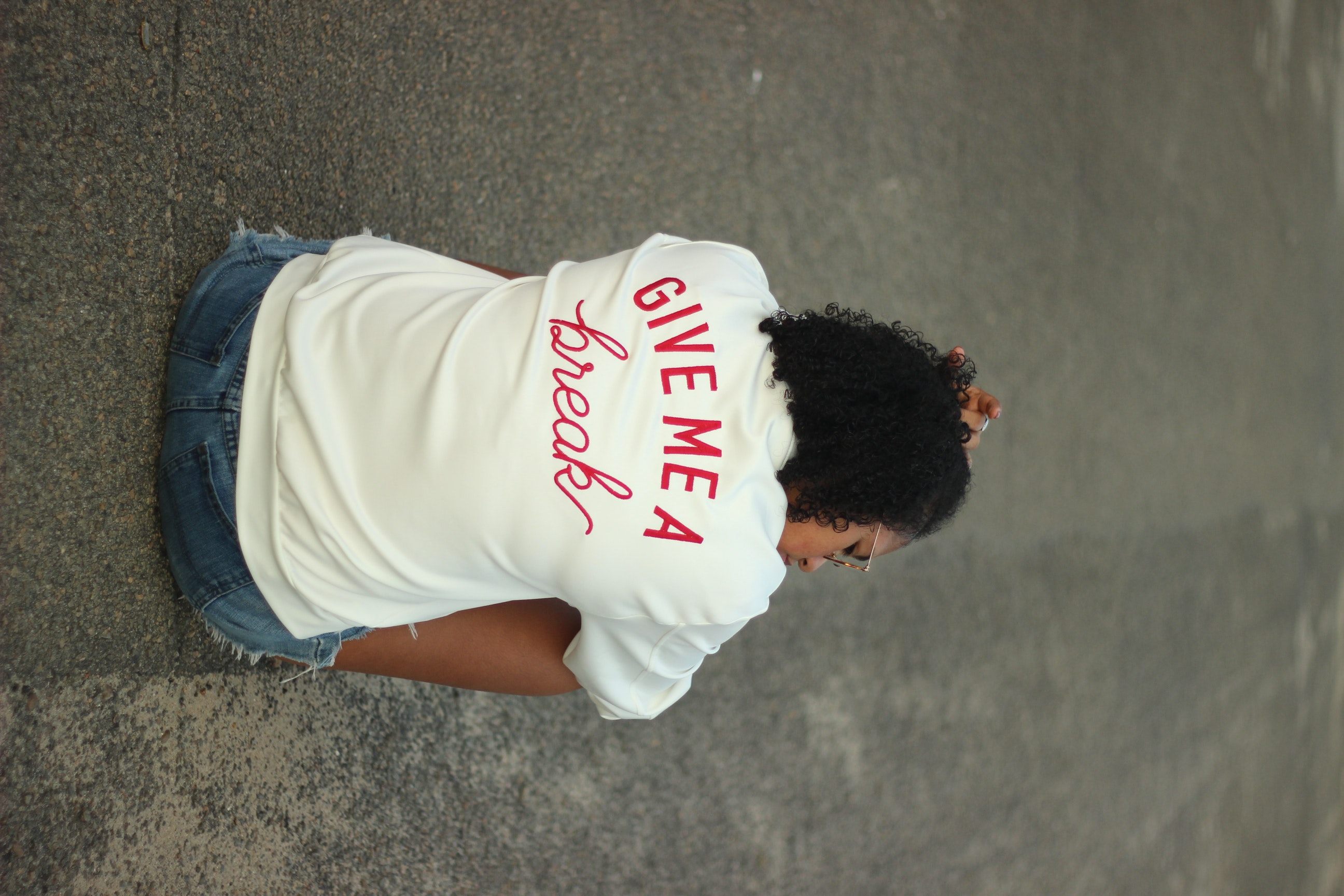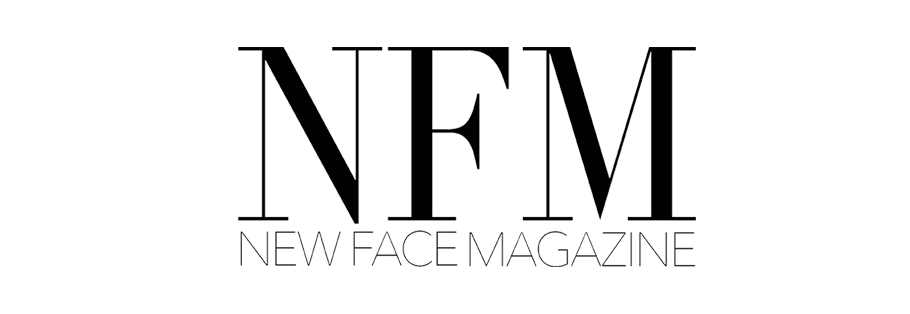
The Female Revolution: A Personal Perspective
By Wynn Wilder

As a 23-year-old woman, I have witnessed firsthand the changes and progress that have been made in terms of gender equality over the course of my lifetime. From learning about the women’s liberation movement of the 1970s to experiencing the
#MeToo
movement of the 2010s, it is clear that we are in the midst of a female revolution.
Growing up, I was lucky enough to have strong, independent female role models in my life – my mother, my grandmother, and my aunts. They were all career women who worked outside the home and were able to support themselves and their families financially. They also taught me the importance of education and self-sufficiency and instilled in me a sense of confidence and determination.
However, despite the progress that has been made, it is clear that we still have a long way to go in terms of achieving gender equality. Women continue to face discrimination and barriers to advancement in many industries, and the wage gap persists. There is also a disturbing lack of representation of women in leadership roles, particularly in politics and business.
But despite these challenges, I remain hopeful and optimistic about the future. I believe that we are on the cusp of a true female revolution, and that women are poised to make even greater gains in the coming years. I see this revolution as a personal mission, and I am committed to doing my part to create a more equitable and inclusive world for all.
One way I am doing this is by supporting and promoting the work of women in leadership roles. This includes advocating for policies that promote gender equality in the workplace, and supporting women-led businesses and organizations. It also includes simply acknowledging and celebrating the achievements of women who are breaking through glass ceilings and making a difference in their fields.
Another way I am contributing to the female revolution is by challenging and changing cultural expectations and assumptions about gender roles. This includes questioning traditional ideas about what it means to be a “woman” or a “man,” and supporting those who defy traditional gender norms. It also includes working to create a society in which all people, regardless of gender, are treated with dignity and respect.
It is important to recognize that the female revolution is not limited to the Western world – women around the globe are fighting for their rights and striving for greater equality and representation. One such place is Iran, where women have been at the forefront of a movement for change and progress.
In recent years, women in Iran have faced a range of challenges, including discrimination, repression, and violence. Despite these challenges, women in Iran have shown remarkable resilience and determination, and have played a key role in advocating for change and progress.
One notable example of this is the Women’s Rights Movement in Iran, which has been at the forefront of the fight for gender equality in the country. This movement, which includes both women and men, has worked to raise awareness about the challenges and discrimination faced by women in Iran, and has advocated for change at the legislative and societal levels.
Women in Iran have also been at the forefront of the fight for human rights and democracy in the country. In recent years, women have played a key role in the protests and demonstrations that have swept across the country, and have shown remarkable bravery and determination in the face of repression and violence.
The impact of these efforts was brought into the international spotlight in December 2022, when the death of 27-year-old Mahsa Amini sent shockwaves around the world. Amini, known to mind her own business and steer clear of politics, was arrested and imprisoned for her work, and was allegedly subjected to torture and abuse while in custody.
Amini’s death sparked outrage and condemnation from human rights organizations and leaders around the world, and her case has become a rallying cry for those fighting for justice and equality in Iran. Her death serves as a reminder of the risks and sacrifices that women and activists in Iran face every day as they fight for their rights and for a better future.
The female revolution is a personal and collective effort, and it requires the participation and commitment of women and men alike. By working together and supporting one another, we can create a more equitable and inclusive world for all. So let’s embrace the female revolution and celebrate the progress that has been made, while also committing ourselves to creating a better future for all.





